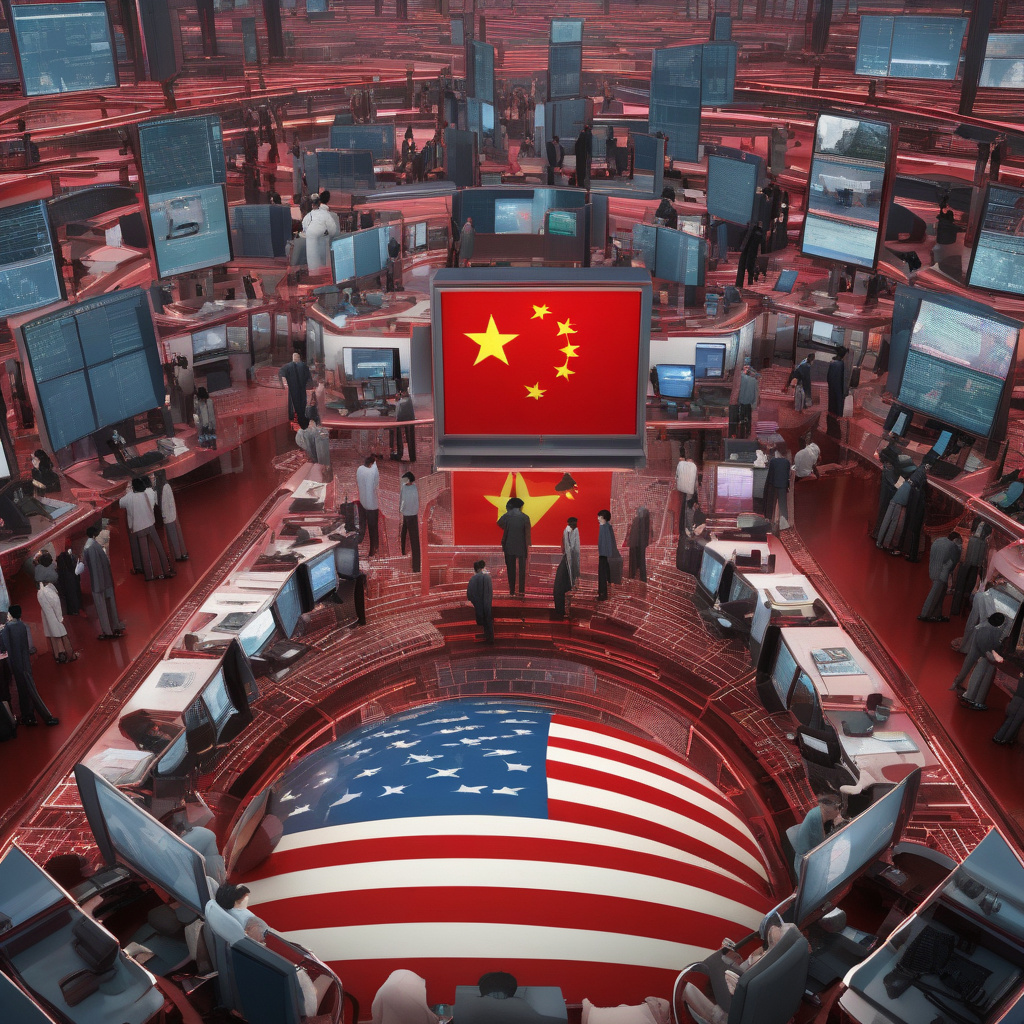US Implements Stricter Export Controls on Chinese Tech Companies: What Does this Mean for the Tech Sector?
In a move that has sent ripples through the global tech industry, the United States has recently announced tighter export controls targeting Chinese companies involved in cutting-edge technologies such as artificial intelligence (AI), quantum computing, and supercomputers. This decision comes amid escalating security concerns and heightened tensions between the US and China, sparking a wave of uncertainty and speculation within the tech community.
The new regulations signal a significant shift in US policy towards China’s tech sector, with a specific focus on restricting the export of critical technologies that are deemed sensitive from a national security perspective. By targeting Chinese firms involved in AI, quantum computing, and supercomputing, the US government aims to curb the transfer of advanced technologies that could potentially be used for military or intelligence purposes.
One of the key implications of these tighter export controls is the impact it will have on collaboration and knowledge-sharing between US and Chinese tech companies. Historically, the tech industry has thrived on cross-border partnerships and the free flow of ideas and talent. However, with the new restrictions in place, Chinese firms may find it increasingly challenging to access key technologies and expertise from their US counterparts, leading to a potential slowdown in innovation and progress.
Furthermore, the heightened scrutiny on Chinese tech companies could also have broader implications for the global tech supply chain. As Chinese firms face barriers to accessing crucial components and technologies from the US, they may be forced to seek alternative sources or develop indigenous capabilities, which could disrupt established supply chains and reshape the competitive landscape of the industry.
It is important to note that the US government’s decision to tighten export controls on Chinese tech companies is not without precedent. In recent years, the US has taken a series of measures to address national security concerns related to technology transfer and intellectual property theft, particularly in the context of its strategic rivalry with China.
However, critics of the new regulations argue that they could have unintended consequences, such as stifling innovation, hampering global cooperation, and fueling further distrust and division between the US and China. Some industry experts also warn that the restrictions could backfire by prompting Chinese companies to redouble their efforts to achieve technological self-sufficiency, thereby undermining US competitiveness in the long run.
In response to the US government’s latest move, Chinese tech companies have expressed concerns about the potential impact on their operations and growth prospects. Many fear that the restrictions could impede their ability to access cutting-edge technologies and maintain their competitive edge in the global market.
As the US tightens controls on China’s tech sector, the repercussions are likely to reverberate across the industry, affecting not only US-China relations but also the broader dynamics of technological innovation and collaboration on a global scale. The coming months will be crucial in determining how the tech sector adapts to these new challenges and reshapes its strategies in response to the evolving regulatory environment.
In conclusion, the US government’s decision to implement stricter export controls on Chinese tech companies represents a significant development with far-reaching implications for the tech sector. As the industry grapples with the impact of these regulations, it is clear that we are entering a new era of heightened scrutiny and regulation in the realm of technology and national security.
US-ChinaTechRelations, ExportControls, TechnologicalInnovation, GlobalTechIndustry, NationalSecurityConcerns










